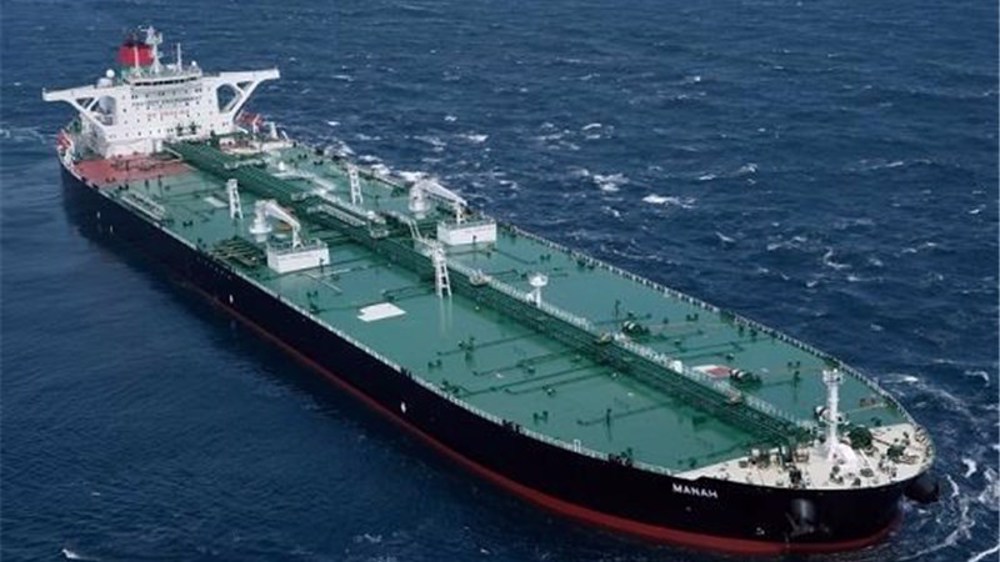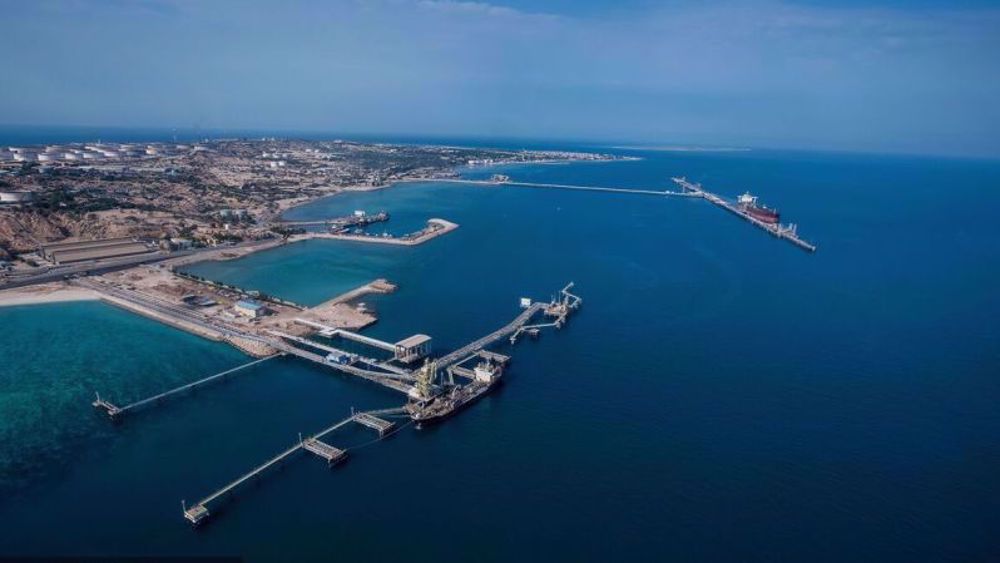Iran mulls changes to NIOC share from crude revenues
An Iranian legislative official says the government is mulling to change the formula used to calculate the share of the National Iranian Oil Company (NIOC) from the country’s sale of crude, saying the move is meant to address concerns regarding the oil major’s growing debts.
Mohammad Hosseini, a former parliament lawmaker and a current advisor to the Supreme Audit Court of Iran, said the parliament may approve a proposal to change the fixed 14.5%-share of the NIOC from each barrel of crude produced and sold abroad.
“Today we are facing this issue that there are huge liabilities on the side of the NIOC,” Hossini told Fars news agency, adding that the company has largely managed to fund its current programs with its share of oil revenues rather than committing to new investment and development projects in the industry.
Some experts and parliament lawmakers believe that a fixed share of crude sales for the NIOC does not match the situation on the ground where sanctions imposed by the US in recent years have caused oil output to fluctuate.
Hosseini said that production of each barrel of crude currently costs $2 to $3 for the NIOC, saying the parliament and government are discussing a formula by which the share of the company would be decided based on the costs of production in each oilfield in Iran.
If approved, the new formula will be included in a budget law for the next calendar year beginning March 21, 2020. The outlines of the budget are currently being debated in the Iranian parliament.
Hosseini said that the NIOC and subsidiary companies currently owe 600 to 700 trillion rials ($2.6 billion) in overdue debts for two fiscal years ending March 2019 mainly to Iran’s sovereign wealth fund and the country’s private banks.
US vetoing of Gaza ceasefire resolution ‘disgraceful’: Iran’s UN envoy
VIDEO | IAEA adopts anti-Iran resolution tabled by E3
VIDEO | Iran's president urges Pope to help end Israel's onslaught in Gaza
Iran's senior legal official: ICC arrest warrant for Netanyahu ‘great victory'
Nov. 21: ‘Axis of Resistance’ operations against Israeli occupation
VIDEO | Israeli forces storm West Bank’s Jenin again, target civilians
Iran activates advanced centrifuges after IAEA's 'unjust' resolution
VIDEO | Press TV's news headlines











 This makes it easy to access the Press TV website
This makes it easy to access the Press TV website